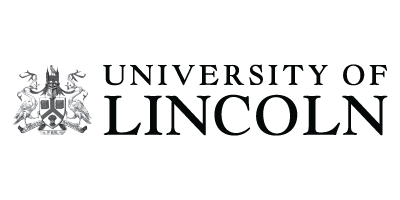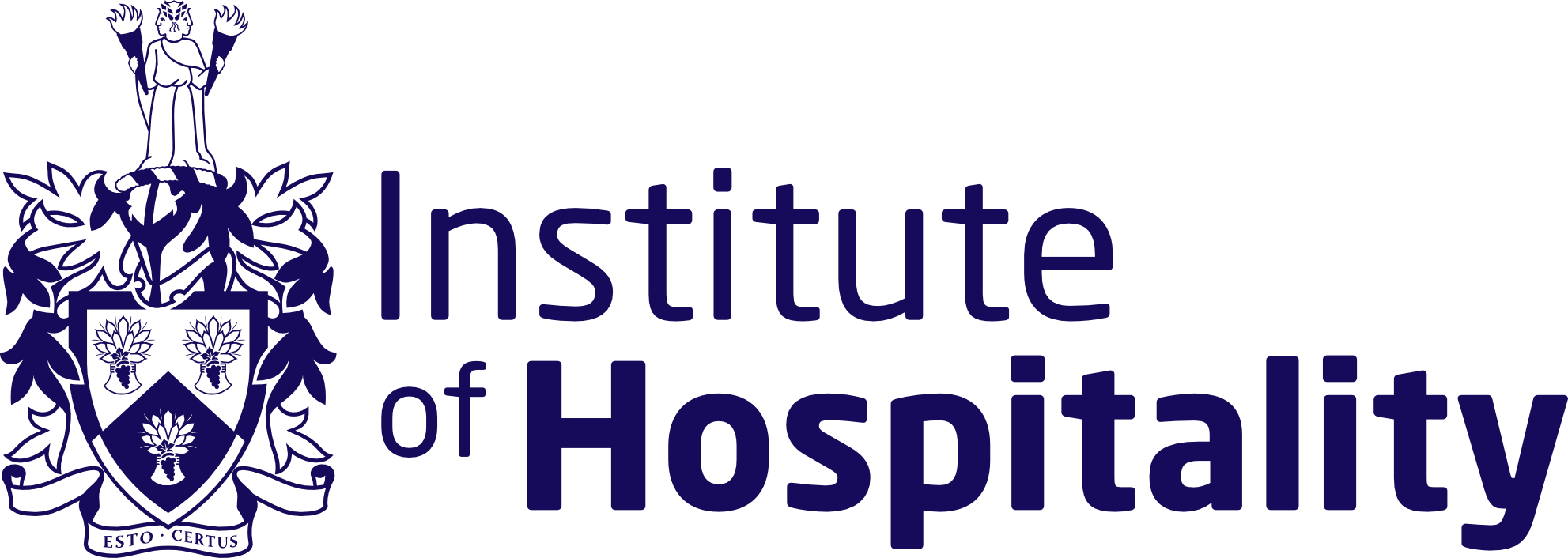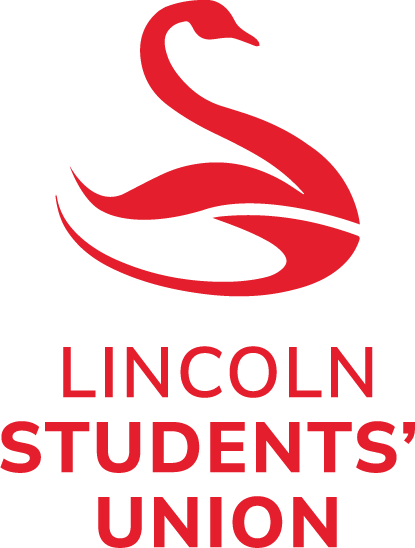What is happening in hospitality now?
In the last two decades, economic and political challenges have combined to exert unique pressure on the UK hospitality industry. The global financial crash of 2008 led to the rising cost of overheads and food supplies, and the UK’s withdrawal from the European Union saw vast numbers of sector workers returning to their home countries, as well as lengthy transport delays and increases in the cost of bringing in supplies. More recently, the COVID-19 pandemic brought about staff shortages, fewer customers, and, ultimately, business closures – and the effects of this are ongoing.
While hospitality is not the only industry to have suffered under these external stressors, it is also internally beset by issues of high staff turnover, low staff retention, and the need of immediate footfall for its survival. The cumulative effect is significant. The UK hospitality sector comprises 2.38 million jobs representing 6% of the workforce of the UK, yet during the pandemic it accounted for 25% of all furloughed workers. There are, at the time of writing, in excess of 500,000 vacancies across the food and drink sector alone.




Why focus on student-workers?
Employers in the hospitality sector rely heavily on student-workers, and students as a population group have particular needs where work is concerned. Many students need to support themselves by earning income to cover rent, food, and bills, but they need flexible jobs that will allow them to work around seminars, lectures, assignments, revision time and exams. On the face of it, hospitality work on a zero-hours contract might seem the perfect fit. Student-workers on zero-hour contracts are, however, among the sector’s most vulnerable groups.
Our research shows that, while students should be able to benefit from zero-hours contracts because of their apparent (and intended) flexibility, the way these contracts are operationalised tends to be more beneficial to the employer. Thus, instead of finding flexibility that works to both parties’ advantage, student-workers can instead find themselves under pressure from their employer to work shifts that interfere with their studies. This can lead to income insecurity and poor experiences of work which adversely impact both educational and workplace performance.
Hence, there is a momentum for Hospitality, Now! The time is right for us to bring changes to the relationship between student-workers and the hospitality sector by enhancing the student-worker experience and enabling employers to enjoy the immediate and long-term business benefits of improved student employment practice.
Click through to see more information for students, employers and industry bodies, educational institutions, and union bodies.







